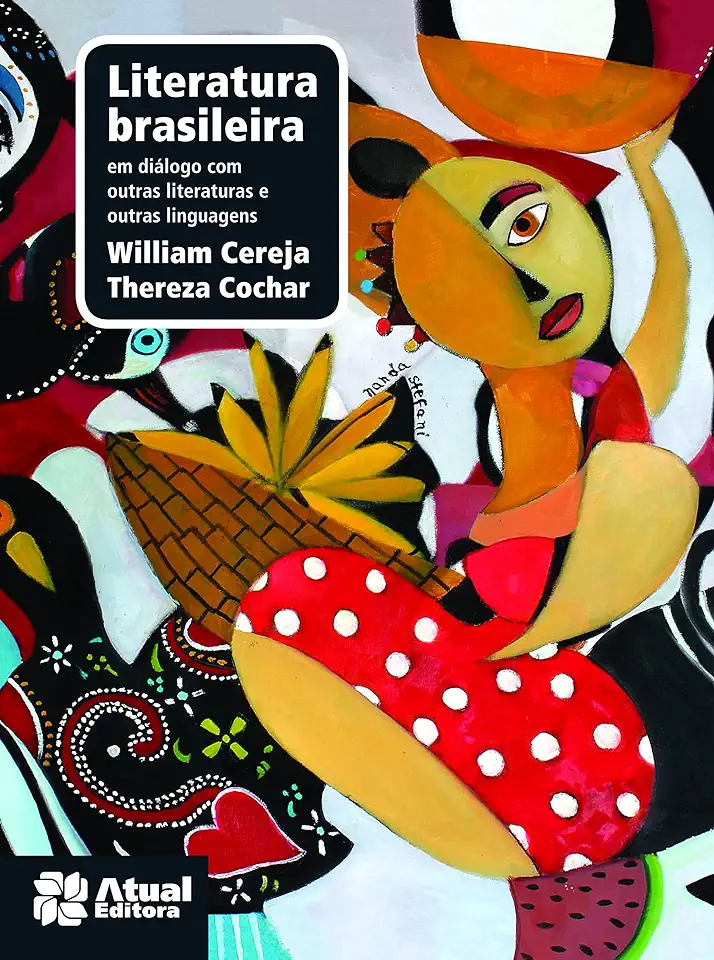
Brazilian Literature - William Roberto Cereja / Thereza Cochar Magalhães
Brazilian Literature: A Journey Through Five Centuries of Literary Excellence
Introduction
Brazilian literature is a vibrant and diverse tapestry of stories, poems, and plays that have captivated readers around the world. From the early chronicles of the Portuguese explorers to the modern masterpieces of contemporary writers, Brazilian literature offers a unique and compelling perspective on the human experience.
A Rich History
The history of Brazilian literature can be traced back to the 16th century, when Portuguese explorers began to document their experiences in the New World. These early chronicles, such as Pero Vaz de Caminha's letter to King Manuel I of Portugal, provide a glimpse into the minds of the first Europeans to set foot on Brazilian soil.
In the 17th and 18th centuries, Brazilian literature began to flourish, with the emergence of poets such as Gregório de Matos and Tomás Antônio Gonzaga. These writers were inspired by the beauty of the Brazilian landscape and the struggles of the Brazilian people, and their works reflect a deep love for their homeland.
The 19th century saw the rise of the Romantic movement in Brazilian literature, with writers such as José de Alencar and Machado de Assis leading the way. Alencar's novels, such as "O Guarani" and "Iracema," are epic tales of love, adventure, and the clash between European and indigenous cultures. Assis, considered one of the greatest writers in Brazilian history, produced a vast body of work that includes novels, short stories, and poetry. His works are known for their psychological depth, social commentary, and exquisite prose style.
The Modern Era
The 20th century saw the emergence of a new generation of Brazilian writers, who experimented with new forms and styles. Modernist writers such as Mário de Andrade, Oswald de Andrade, and Clarice Lispector challenged traditional literary conventions and pushed the boundaries of language and narrative.
In the second half of the 20th century, Brazilian literature continued to thrive, with writers such as Jorge Amado, João Guimarães Rosa, and Paulo Coelho gaining international acclaim. Amado's novels, such as "Gabriela, Clove and Cinnamon" and "Dona Flor and Her Two Husbands," are exuberant celebrations of Brazilian life and culture. Guimarães Rosa's masterpiece, "Grande Sertão: Veredas," is a complex and lyrical novel that explores the sertão, the vast interior of Brazil. Coelho's novels, such as "The Alchemist" and "Eleven Minutes," have sold millions of copies worldwide and have been translated into dozens of languages.
A World of Stories
Brazilian literature is a world of stories that will transport you to another time and place. Whether you are looking for adventure, romance, history, or social commentary, you will find it in Brazilian literature.
Conclusion
Brazilian literature is a treasure trove of literary delights, waiting to be discovered by readers around the world. With its rich history, diverse voices, and compelling stories, Brazilian literature is a must-read for anyone who loves great literature.
Enjoyed the summary? Discover all the details and take your reading to the next level — [click here to view the book on Amazon!]